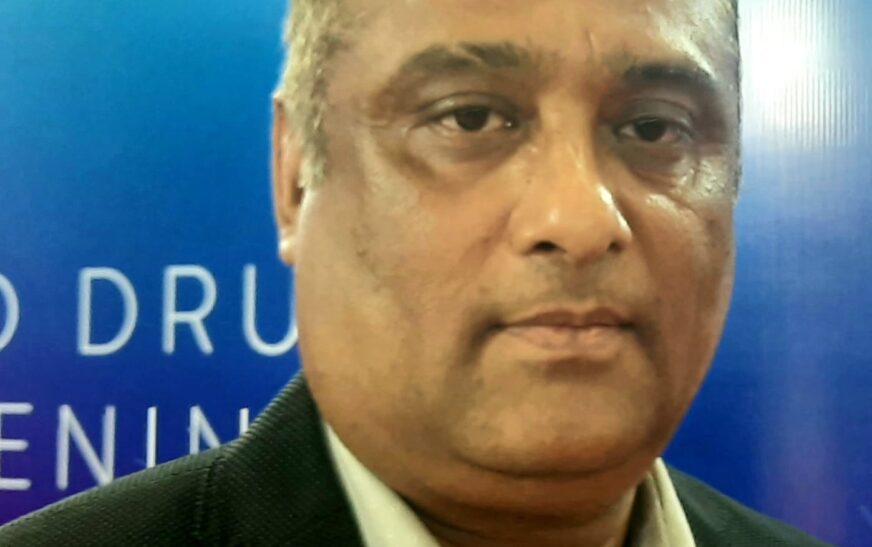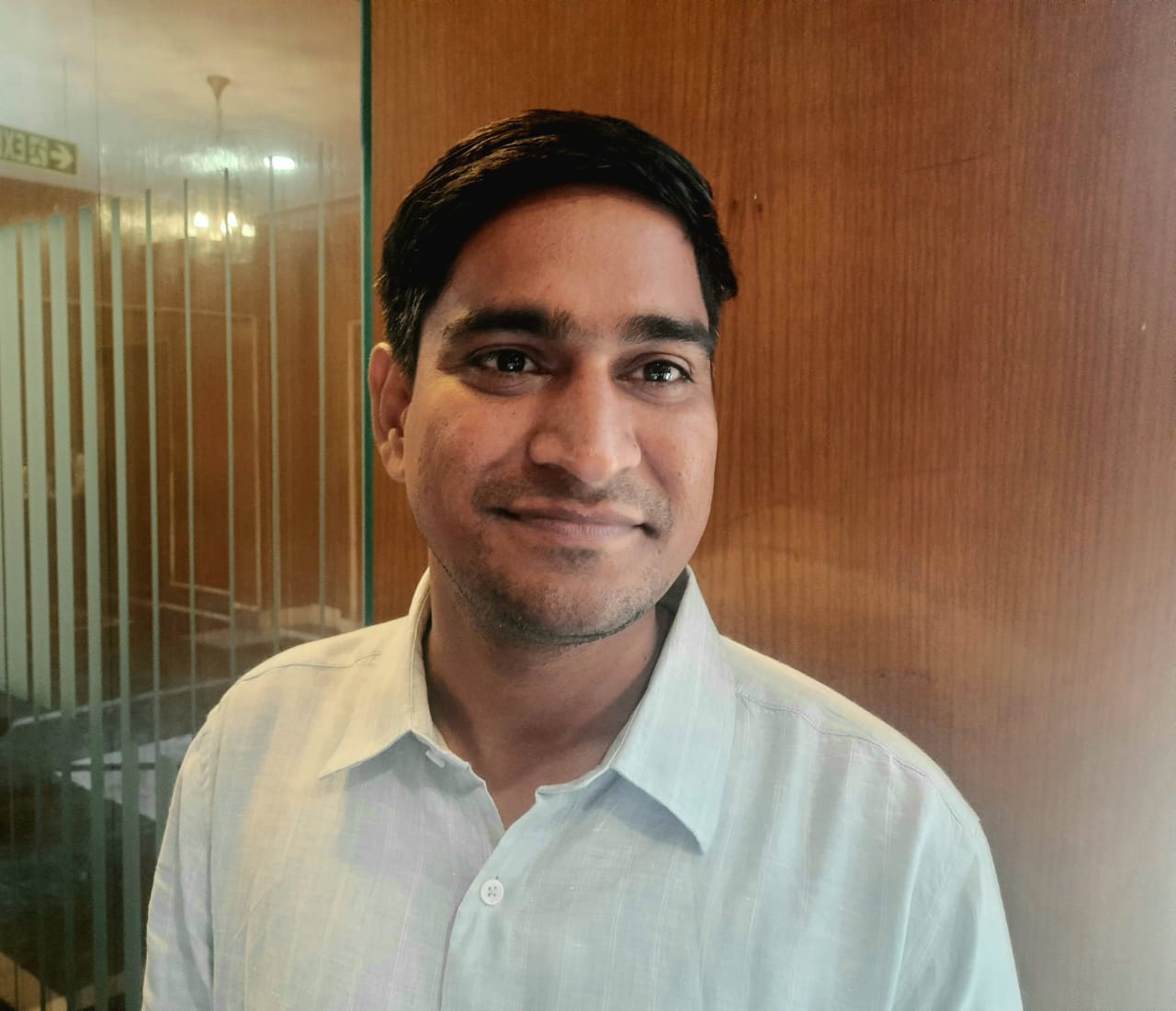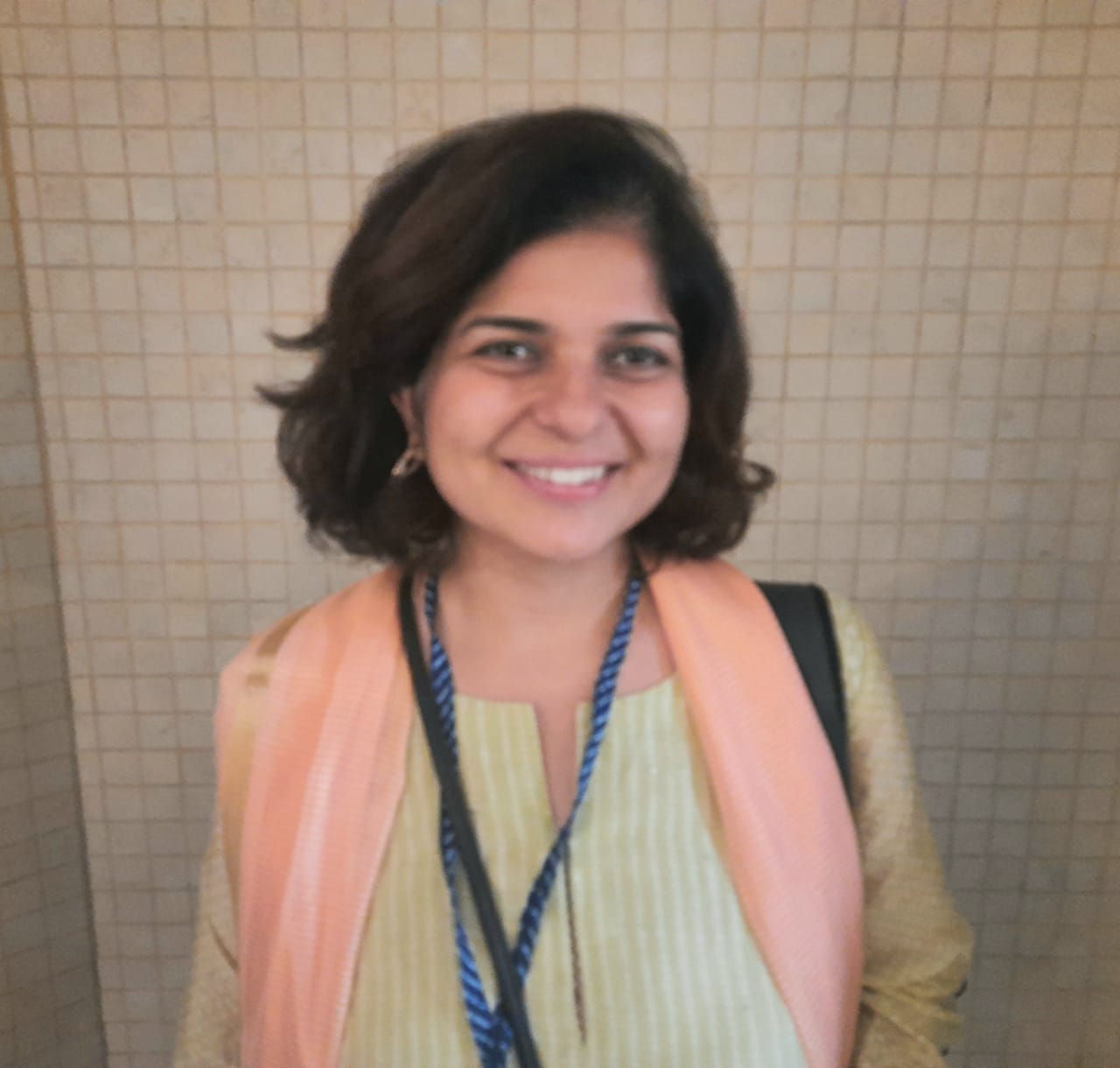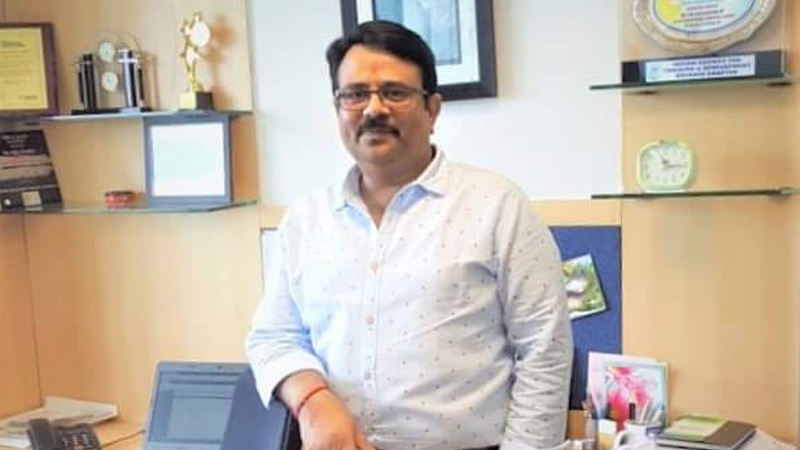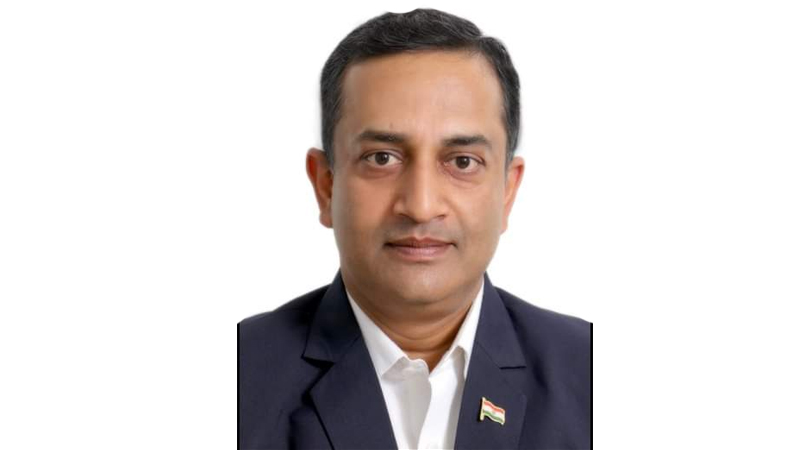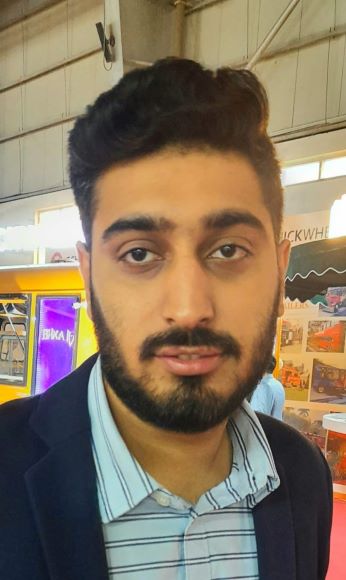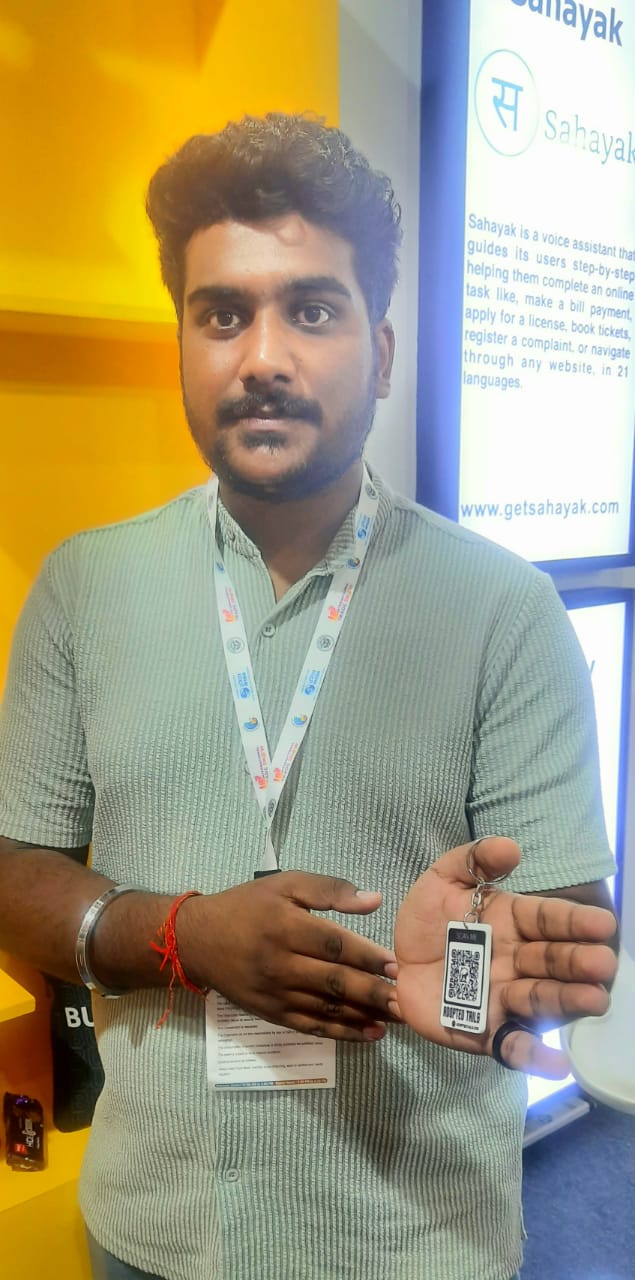Founded in 1888 by visionary Chicago physician Dr. Wallace C. Abbott, Abbott has skyrocketed to the forefront of global healthcare, driven by a relentless pursuit of medical innovation and superior patient outcomes. With its headquarters in Abbott Park, Illinois, this powerhouse operates in over 160 countries, delivering an impressive array of products in diagnostics, medical devices, nutrition, and branded generic pharmaceuticals. Their pioneering non-invasive drug testing device SoToxa is a path-breaking initiative towards raising a war against drug use.
Abbott’s trailblazing spirit shines through its groundbreaking achievements, such as the first HIV blood screening test and the revolutionary FreeStyle Libre continuous glucose monitoring system. These advancements have transformed diabetes management and underscored Abbott’s unwavering commitment to addressing critical medical needs through cutting-edge research and development.
Scientific excellence and technological prowess are the bedrock of Abbott’s success. The company’s expansive range of diagnostic solutions—from sophisticated laboratory instruments to agile point-of-care testing—enables precise, timely disease diagnosis, significantly bolstering global public health efforts.
Abbott’s nutritional products, including iconic brands like Similac and Ensure, support health across every life stage, from infancy to the golden years. These offerings reflect Abbott’s profound understanding of the pivotal role nutrition plays in overall health and vitality.
In the realm of medical devices, Abbott excels with a diverse portfolio of advanced technologies. From state-of-the-art cardiovascular devices to innovative neuromodulation products and vision care solutions, Abbott empowers patients to manage chronic conditions and lead active, fulfilling lives.
Abbott’s commitment extends beyond products to encompass sustainability and corporate responsibility. The company is sharply reducing its environmental footprint, fostering diversity and inclusion, and championing community health initiatives on a global scale. Abbott’s relentless dedication to innovation and patient-centric care continues to shape the future of healthcare, making indelible contributions to global health and well-being.
In an exclusive exchange with The Interview World, Bhupendra Singh, Business Head – India and SAARC (Toxicology) at Abbott, emphasizes the distinctive features of Abbott’s latest innovation, the SoToxa oral fluid mobile test system. He underscores its role as a potent deterrent against the increasing drug usage in targeted states. Below are the key insights from his discussion.
Q: Abbot has a long-standing reputation for innovation in medical devices. Could you provide insights into your latest oral fluid mobile test system, SoToxa, and how it meets the high-performance demands of law enforcement agencies?
A: We have brought this instrument to India due to its increasing prominence as a pivotal center for drug consumption. Situated between the opium-rich regions of the Golden Triangle and Golden Quadrangle, India has also emerged as a crucial nexus for global drug trafficking, leveraging its extensive air, sea, and land connectivity.
The primary objectives of introducing this instrument are dual-fold. Firstly, it seeks to raise awareness among the populace, especially the youth, about our capability to detect drug use instantaneously. Furthermore, by showcasing this technological advancement, we aim to educate and empower communities to combat drug abuse proactively.
Secondly, the instrument aims to serve as a potent deterrent, instilling a profound fear among potential drug users that detection is now swift and inevitable. This deterrent effect is also crucial in shaping behavioral change and discouraging drug consumption across all demographics.
Traditionally, drug testing methods relied on invasive procedures like urine or blood samples, which posed logistical and cultural challenges, particularly for women and in public settings. To overcome these limitations, we have also introduced a state-of-the-art saliva-testing device.
This innovative device utilizes saliva, a non-invasive and easily collectible sample, to deliver rapid results within five minutes. By enabling on-the-spot testing, it revolutionizes the approach to drug detection, making it accessible and effective in diverse environments.
Q: What unique features and benefits set this instrument apart from its competitors?
A: The unique selling proposition (USP) of this instrument lies in its ability to conduct on-site testing without compromise. Unlike other analyzers, once a law enforcement agent takes a sample, the chance of tampering is almost nil. This feature is crucial for law enforcement agencies, ensuring the integrity and admissibility of samples in legal proceedings. Custody and authenticity throughout the processing are paramount. This ensures that individuals cannot dispute the validity of their test results on grounds of tampering.
In contrast, educational institutions typically require only sample collection without the stringent legal safeguards. The relevance of the USP varies across different segments, adapting to their specific needs and regulatory environments.
Q: What is the maximum number of samples that can be detected using this device?
A: The product includes a cartridge and sample collector designed for single-person use. Each cartridge contains six commonly consumed drugs, covering 90% of global drug consumption. These drugs are widely recognized as major pharmaceuticals. Each cartridge is for single-use only.
Q: Could you provide a list of the specific drugs that this device is capable of detecting?
A: Our drug testing panel includes amphetamine, methamphetamine, MDMA, cocaine, THC, benzodiazepine, and opiates. This comprehensive lineup ensures thorough detection across various substances.
Q: What is the price point for this machine, and what is its anticipated operational lifespan?
A: This machine costs approximately Rs. 15 lakh plus GST and is tailored for law enforcement and large organizations to deter drug use. It boasts a lifespan of 10 years and includes free upgrades provided by the multinational whenever enhancements are released, ensuring our system remains state-of-the-art.
Q: Has this machine been commercialized in India yet?
A: We have successfully commercialized this machine not only in India but also across SAARC countries. Nepal has adopted this technology, and globally, numerous other countries are utilizing it as well.
Q: Has the Indian police system implemented the use of this device in their operations?
A: Yes, they are utilizing this device. States such as Gujarat, Goa, and Kerala, where a significant number of drug users are concentrated, have adopted this technology. Moreover, numerous other police forces are currently in the process of procurement. Delhi is also slated to initiate procurement for this device.
Q: What is your perspective on the market potential and growth opportunities for this machine in India?
A: In India, legislation poses a significant challenge. The issue lies in the lack of clear guidelines for law enforcement and health authorities once an individual tests positive. It’s crucial to establish protocols directing individuals to appropriate facilities or treatment centers promptly. Despite this challenge, there is a clear willingness among the population to adopt new testing technologies. However, effective implementation requires decisive government mandates specifying the course of action for individuals upon testing positive.


